Author: Rifat Ahmed
-

Can Rabbits Chew Through Chicken Wire: Protect Your Coop
Rabbits cannot chew through chicken wire. Their teeth are not strong enough to break the metal. Rabbits are known for their strong chewing habits, which helps maintain their ever-growing teeth. Despite their dental strength, they cannot chew through chicken wire. Chicken wire, typically made of galvanized steel, provides a durable barrier that rabbits cannot penetrate.…
-

Do Rabbits Chew Cud: Unveiling the Truth Behind Their Diet
Rabbits do not chew cud. Unlike ruminants, rabbits practice coprophagy, re-ingesting their own feces for nutrient absorption. Rabbits have a unique digestive system. They produce two types of feces: hard pellets and soft cecotropes. Cecotropes are nutrient-rich and re-ingested to maximize nutrient absorption. This process, called coprophagy, helps rabbits extract essential vitamins and minerals. Unlike…
-
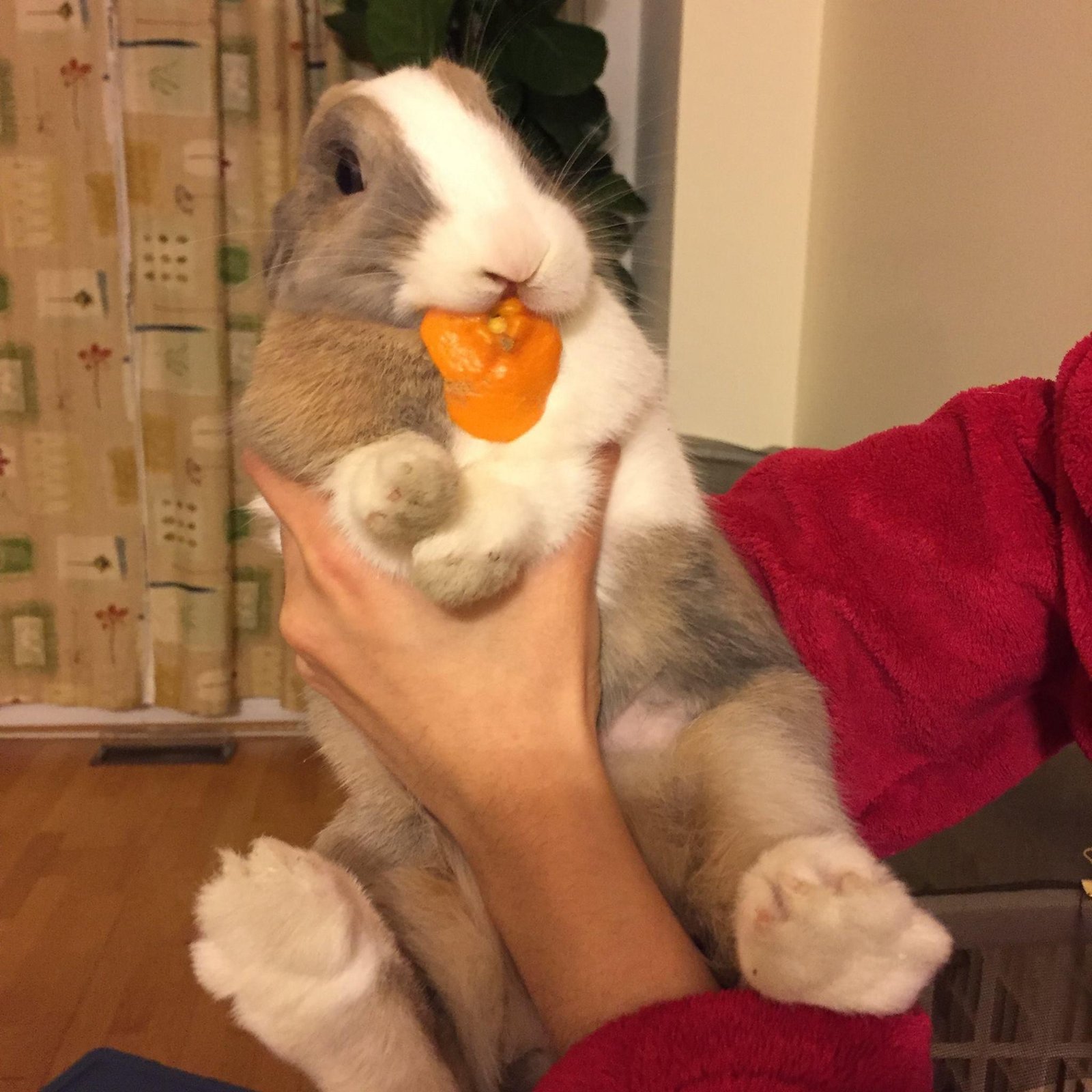
Can Rabbits Eat Oranges? Uncover the Surprising Truth
Yes, rabbits can eat oranges, but only in moderation. Oranges are high in sugar, which can upset a rabbit’s digestive system. Oranges can be a tasty treat for rabbits, but they should be given sparingly. The high sugar content in oranges can lead to digestive issues and weight gain if fed too frequently. It’s crucial…
-
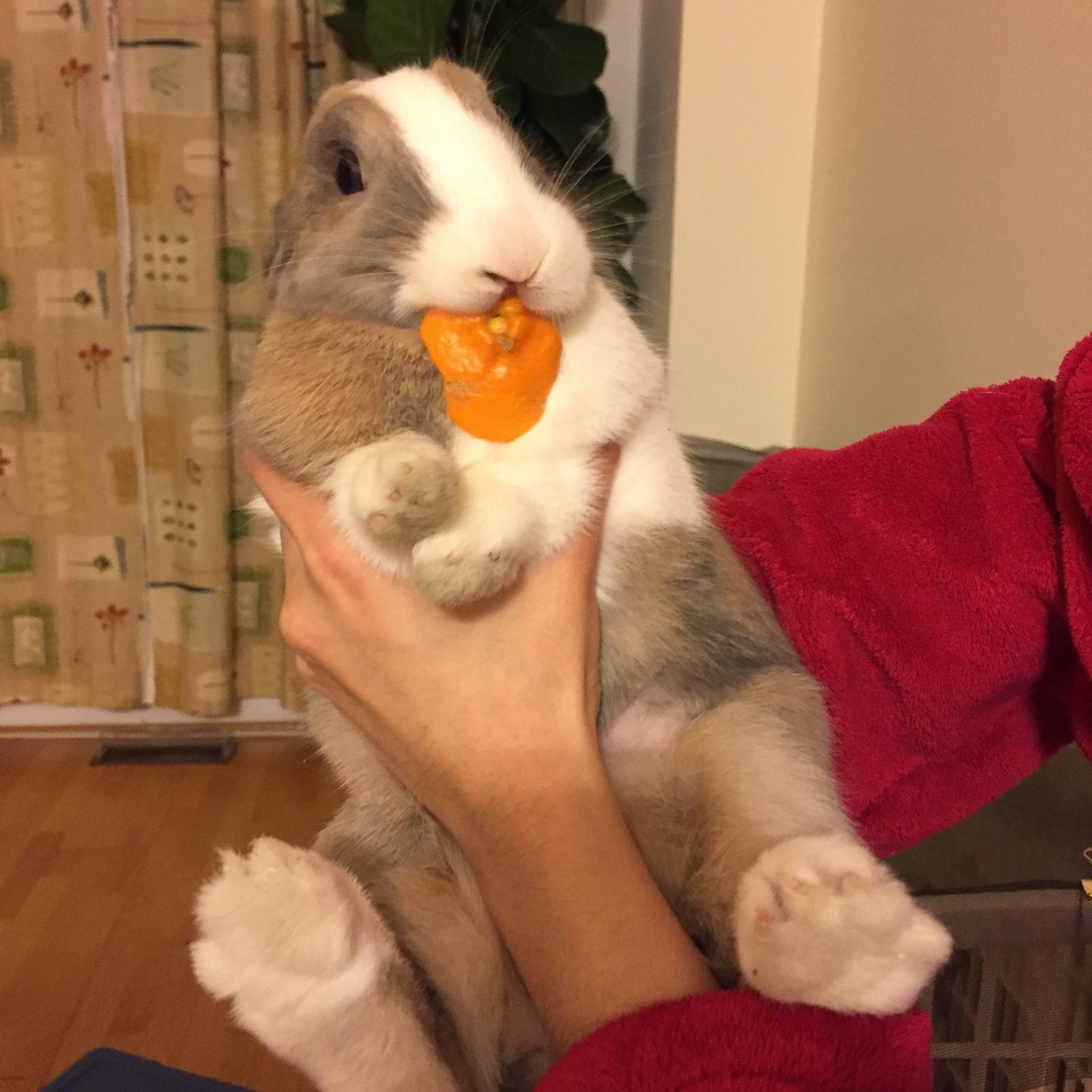
Can Rabbits Eat Orange Peels? Essential Facts and Tips
Rabbits can eat orange peels in small amounts. Orange peels contain vitamin C but should be given sparingly. Rabbits are herbivores with sensitive digestive systems. While they primarily eat hay, vegetables, and specially formulated rabbit pellets, occasional treats can be beneficial. Orange peels are one such treat, offering a source of vitamin C and fiber.…
-
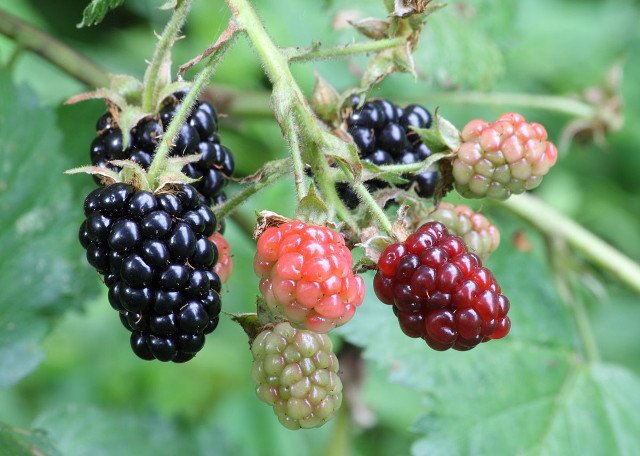
Can Rabbits Eat Blackberries? Discover Safe Feeding Tips
Yes, rabbits can eat blackberries. Blackberries should be given in moderation as a treat, not a staple. Rabbits are herbivores and thrive on a diet primarily composed of hay, fresh vegetables, and occasional fruits. Blackberries are safe for rabbits but should be offered sparingly due to their sugar content. Overfeeding fruits can lead to digestive…
-
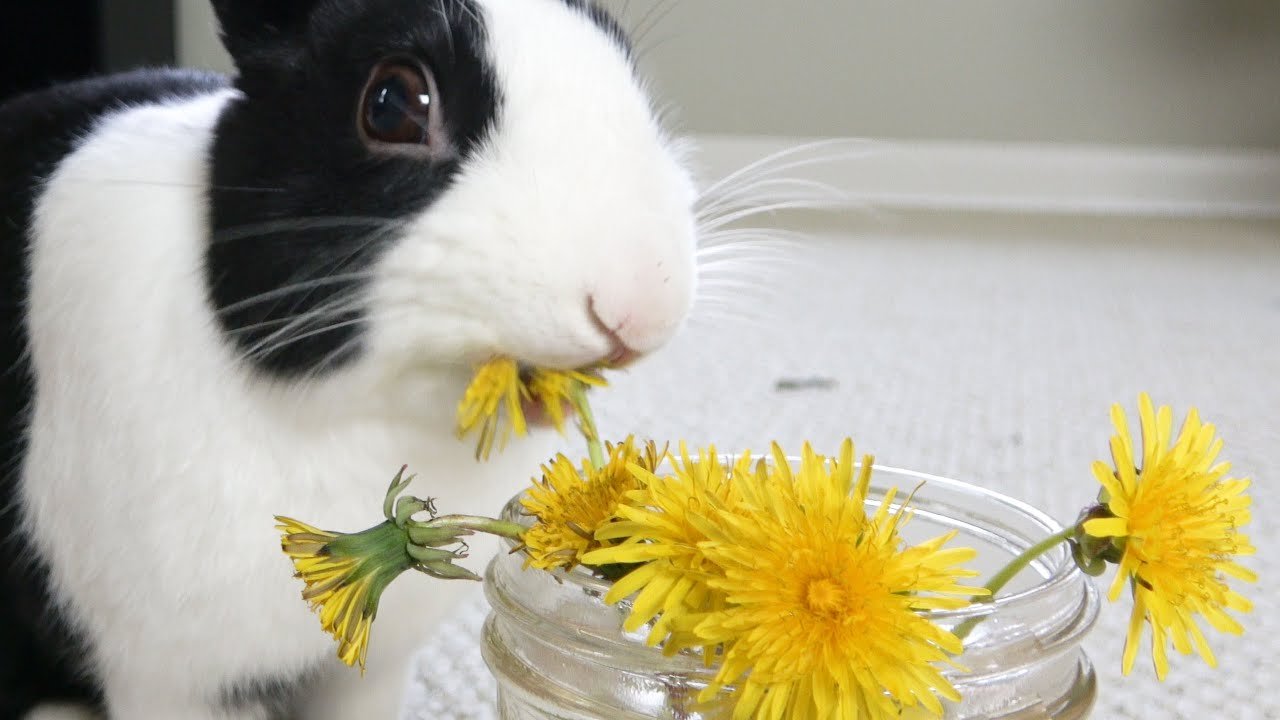
Can Rabbits Eat Dandelions? Discover the Benefits and Risks
Yes, rabbits can eat dandelions. They are safe and nutritious for rabbits in moderation. Dandelions are a favorite among rabbits due to their taste and nutritional value. These common plants are rich in vitamins A, C, and K, as well as minerals like calcium and potassium. Fresh dandelions can be a great addition to your…
-
Can Rabbits Eat Cherries? Discover Safe Feeding Tips
Rabbits can eat cherries in small amounts, but they should not consume the pits or stems. Cherries should be an occasional treat. Rabbits have sensitive digestive systems, requiring careful dietary choices. Fruits like cherries can be a delightful treat but must be given in moderation. Cherries are high in sugar, which can disrupt a rabbit’s…
-
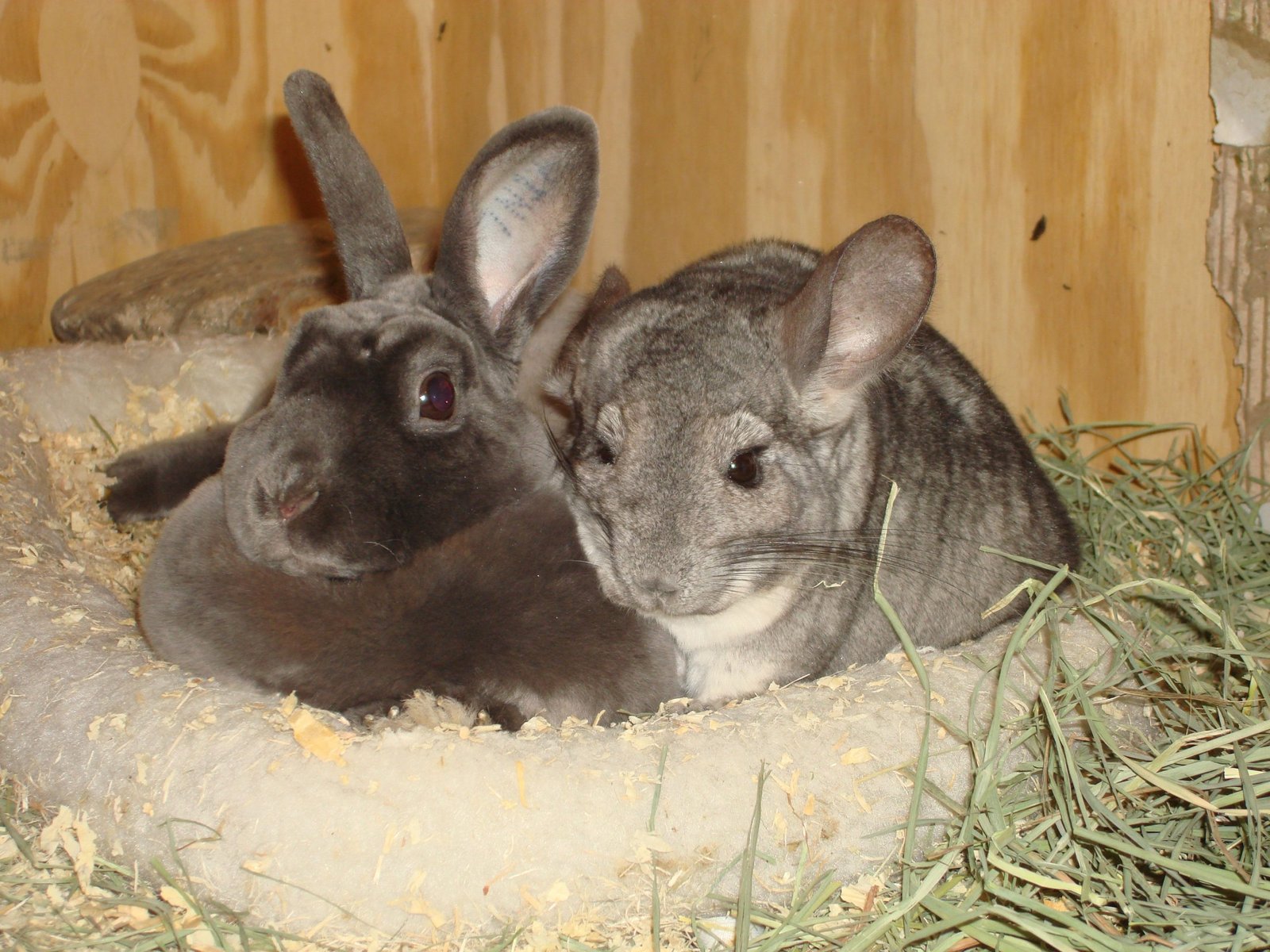
Can Chinchillas And Rabbits Live Together? Co-Habitation Guide
Chinchillas and rabbits should not live together due to different dietary needs and social behaviors. Keeping them separate ensures their well-being and reduces stress. Chinchillas and rabbits are both popular pets, but they have distinct needs and temperaments. Chinchillas thrive in cooler, dry environments, while rabbits prefer a warmer climate. Their diets also differ; chinchillas…
-
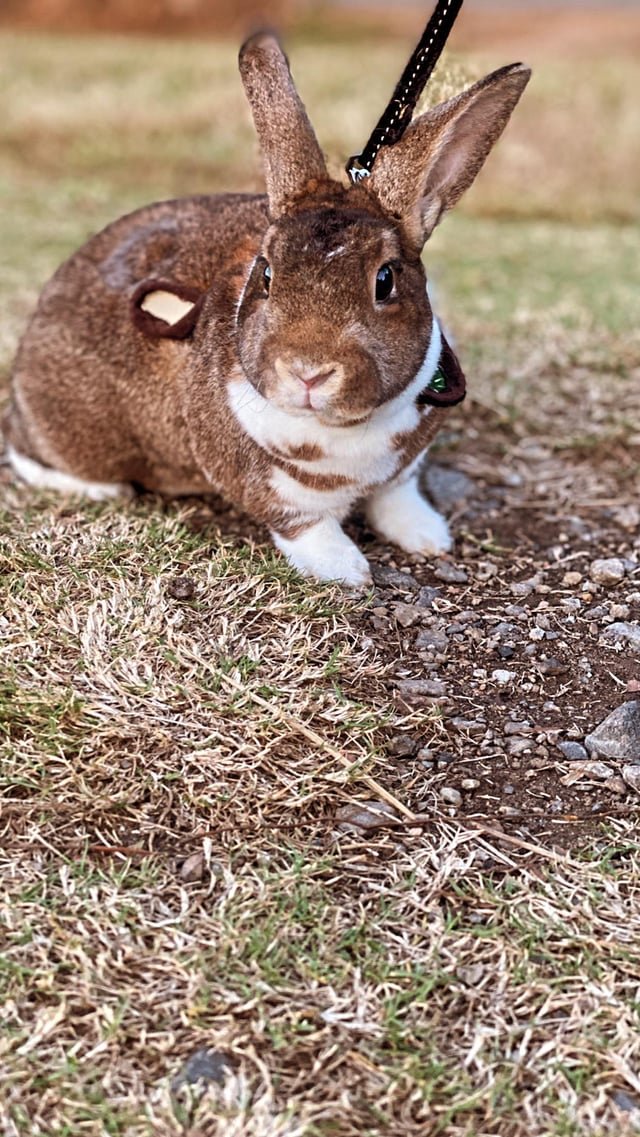
Can Two Male Rabbits Live Together? Tips for Harmony
Two male rabbits can live together, but it depends on their temperament and proper introduction. Neutering both rabbits often helps. Rabbits are social animals and generally thrive in pairs or groups. Introducing two male rabbits requires careful handling to ensure they bond successfully. Neutering reduces aggression and territorial behavior, making cohabitation easier. Start by letting…
-
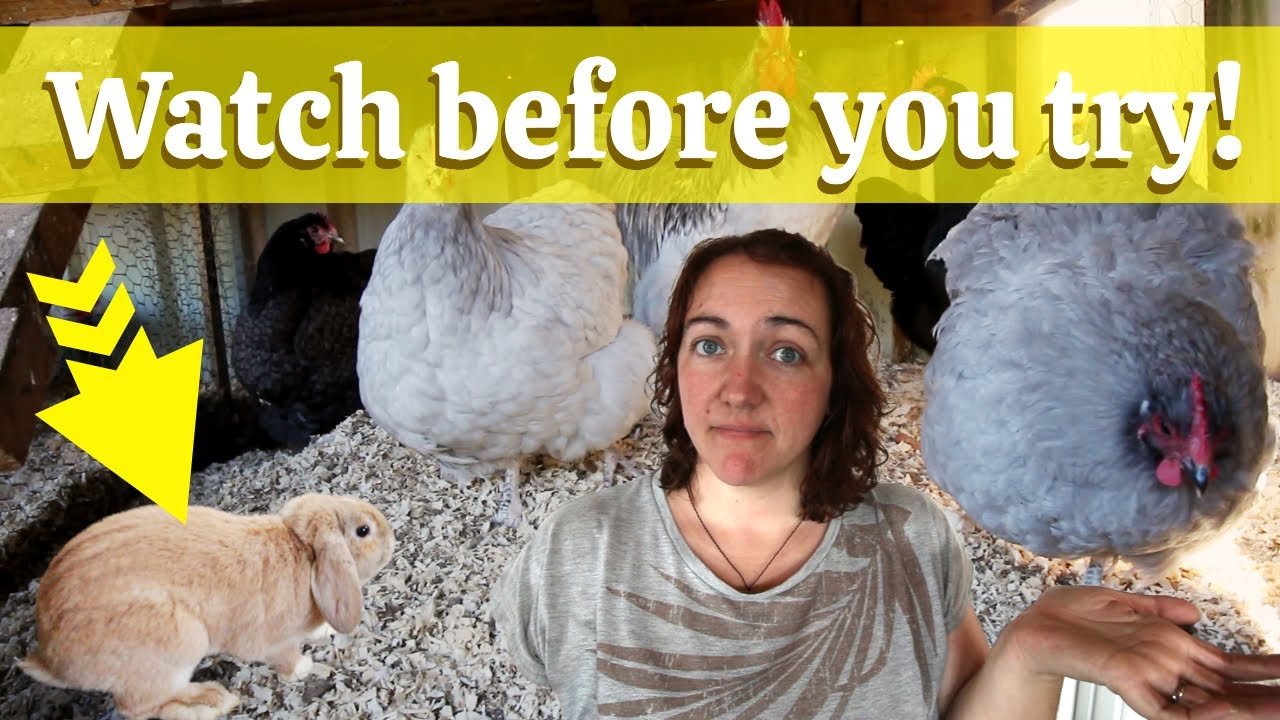
Can Chickens And Rabbits Live Together: Essential Tips & Insights
Chickens and rabbits can live together, but certain conditions must be met. Their safety, health, and comfort must be ensured. Chickens and rabbits can coexist in the same space, but careful planning is essential. Both animals have different needs and behaviors, which must be accommodated to avoid stress and injuries. Chickens can be aggressive and…
